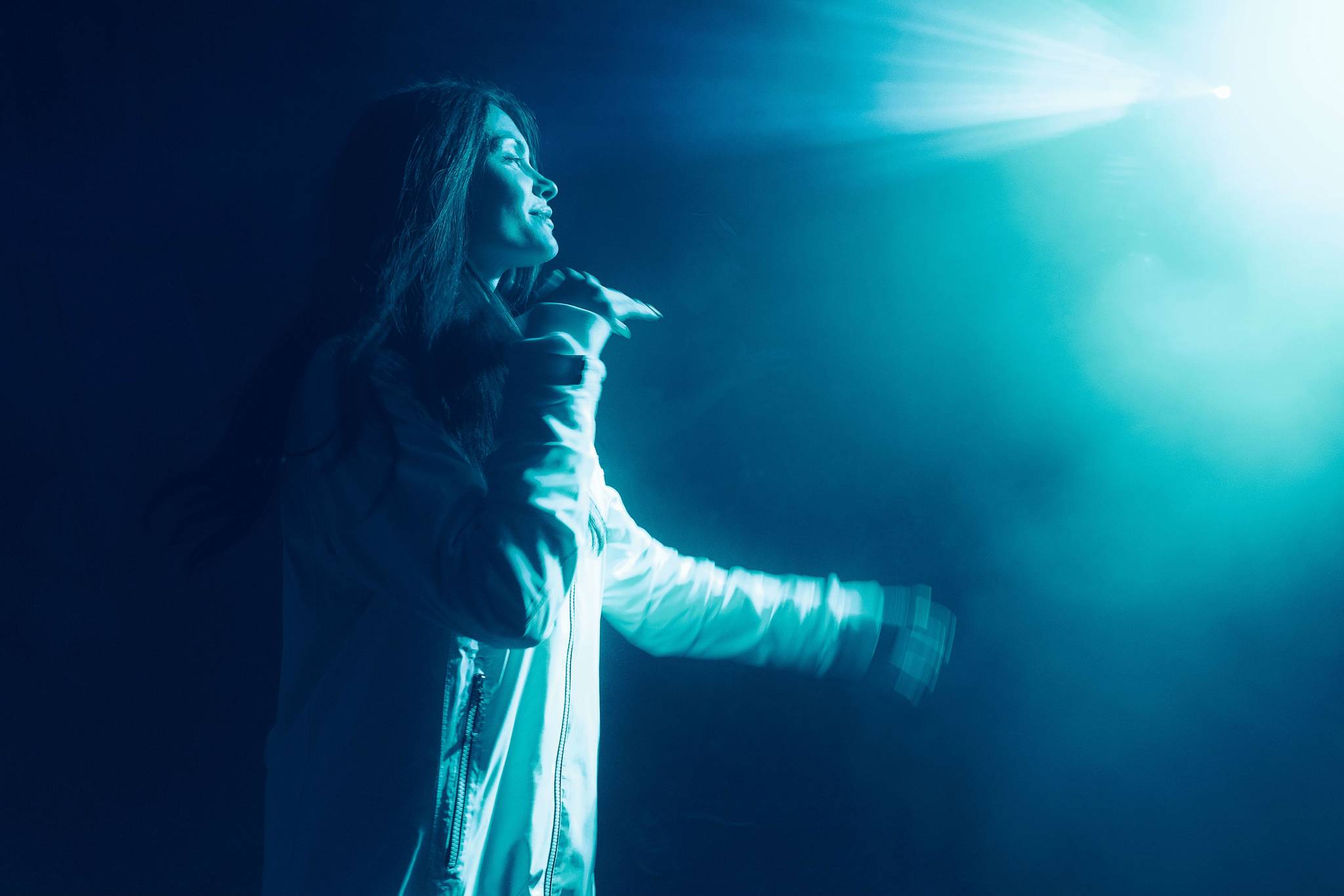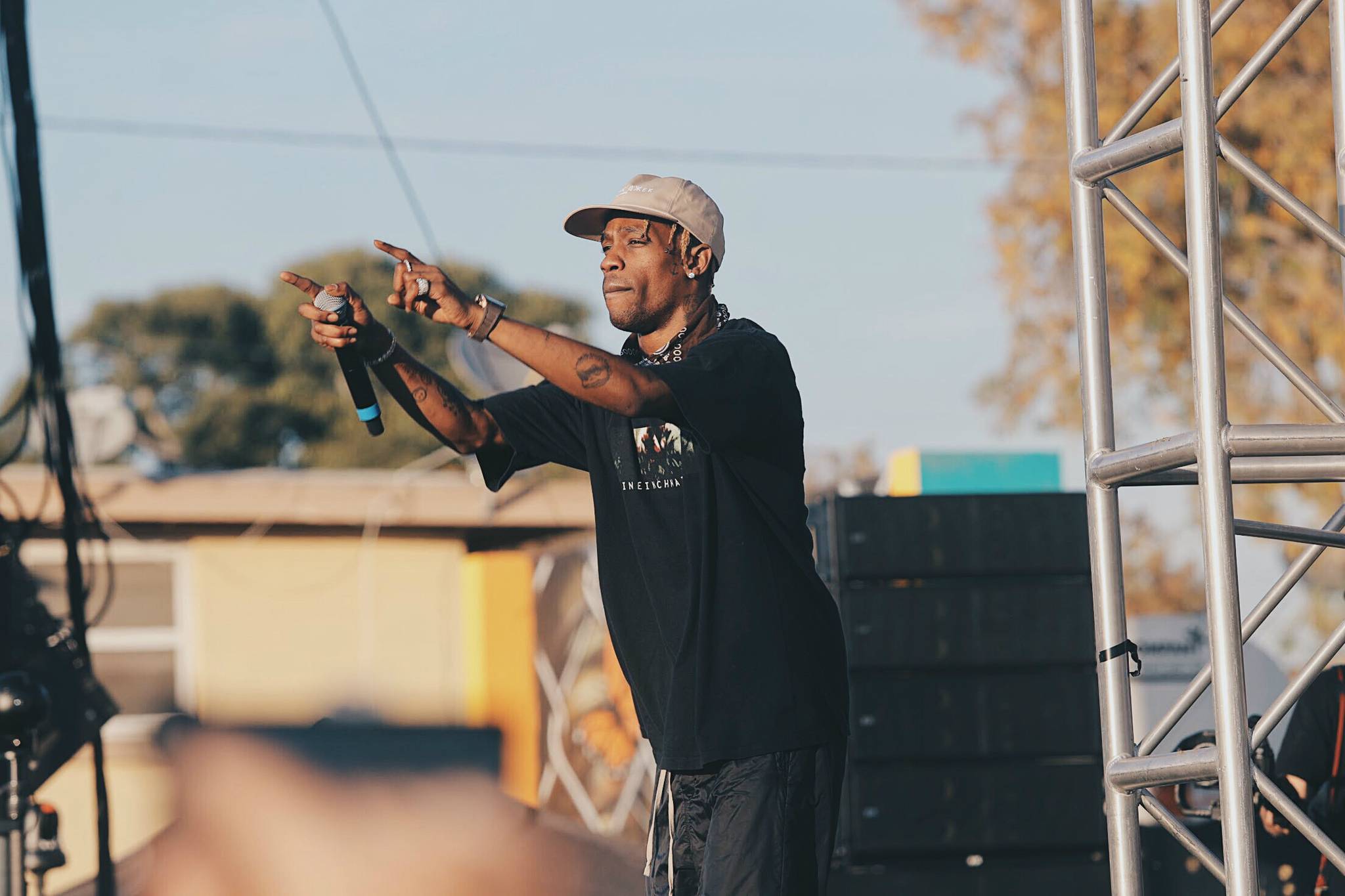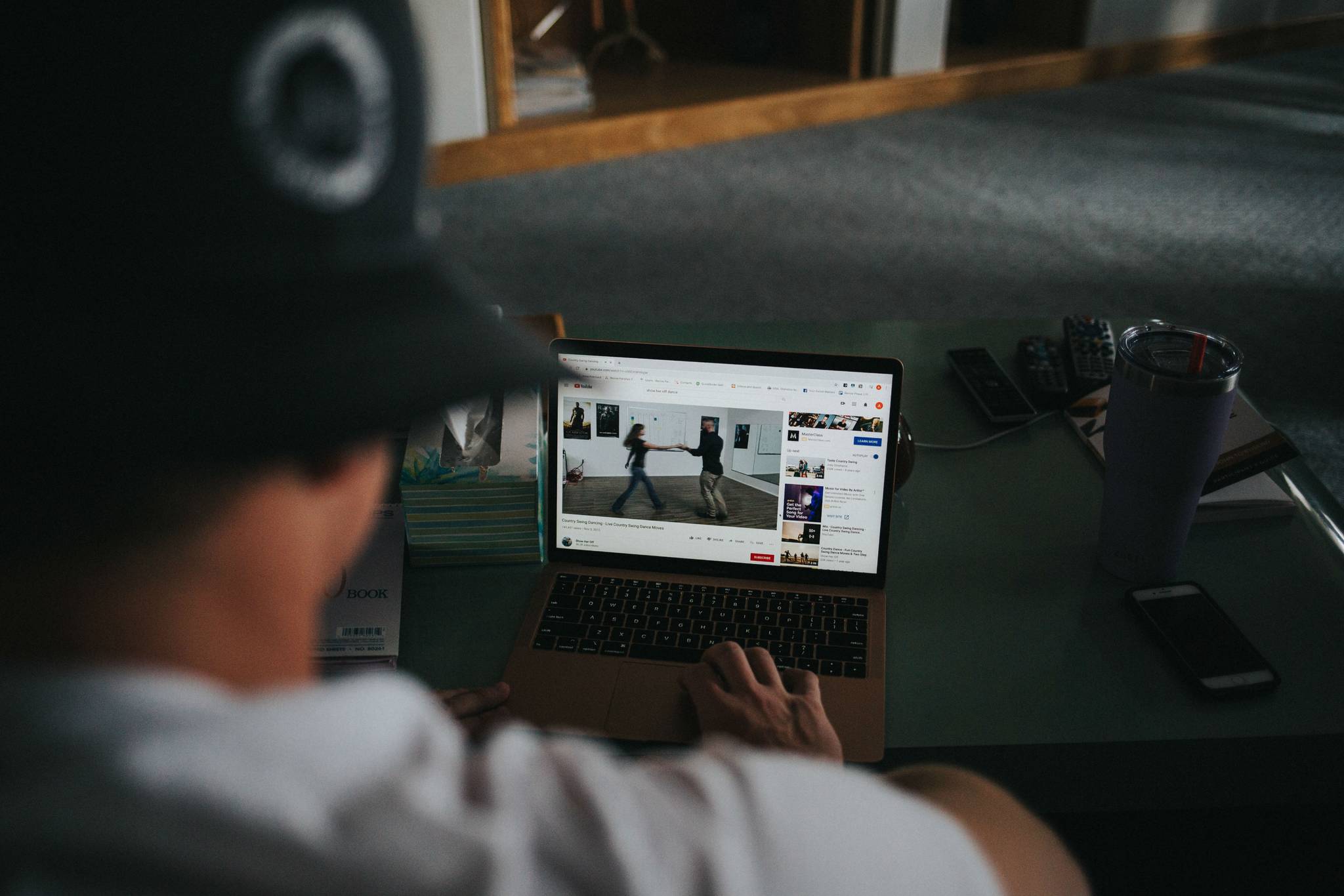
Is gaming set to take over people’s free time? What are the limits of virtual reality? How have media producers adapted to pandemic-inspired needs? In our Expert Outlook 2021 report, we spoke to four experts about how people are finding both solace and escapism through screens.
Faced with an unprecedented crisis in 2020, brands in media and entertainment have shown remarkable resilience, where mass digitisation brought viewers everything from online award shows to virtual festivals and in-game concerts.
The next year will also see a continuation of blended entertainment media, where music, TV, and gaming become increasingly integrated as stars and brands find their audiences across formats.
So what will the Media and Entertainment landscape look like in 2021? We spoke to four experts to find out. Will Page, the former chief economist at Spotify, explains how fans are connecting with music in the absence of live events; Jolyon Klean, the founder of Orca Sound Project, suggests what brands could do in virtual spaces to engage online concert-goers; digital content editor and consultant Alexandra Casson outlines why representative content can aid escapism; and Dr. Paolo Ruffino, a video game researcher and lecturer, delves into the increasingly interactive nature of gaming and streaming.
Read an excerpt below:
PERFECT HARMONY
Audiophiles will connect to their favourite artists in new entertainment spaces
Will Page is the former chief economist at Spotify
The gaming business is about to overtake the size of the cinema business. Regardless of COVID-19, it was well on the way to becoming the most valuable media vertical on the planet. Gaming can do week one numbers that Hollywood can't even dream of, and other sectors are waking up to this reality. The major difference between the industries – and a key feature that musicians and music brands can tap into – is the power of attention. Take what Travis Scott and Fortnite did, for example. Gaming focuses on attention whereas other sectors prioritise profit. But if you look at what Travis did, he didn't take a horse to the water, he took water to the horse. He brought gaming and immersed himself in it. And the stats are quite incredible. Let's say 30 million people observing, 50 million people participating, tens of millions of dollars in virtual merch sales in the first 48 hours after the event – which means tens of millions of dollars in bottom-line profit because there's no cost with virtual merch.

After Travis Scott did his Fortnite performance, his audio streams went up. So, engagement on streaming platforms was considerably higher than before the digital event. A surprising factor is that his YouTube streams were unexpectedly lower than anticipated. As artists begin to immerse themselves in the gaming experience, do fans need to go to YouTube to get the immersive experience there afterwards? My expertise tells me that isn’t the case. So, gaming wins and YouTube loses in this instance.
Want to know more about the future of Media and Entertainment? Download Expert Outlook 2021: Make Believe now.
Ope Oduwole is a junior behavioral analyst at Canvas8. He has a BA from the University of Nottingham and leans on the inquisitive nature of his studies. With an avid interest in all things creative, if he’s not at a concert or poetry reading, he’s buried inside a book with a cup of green tea.



